Far from Barcelona - long read
How the Puigdemont Affair demonstrates the relevance of the European Arrest Warrant.
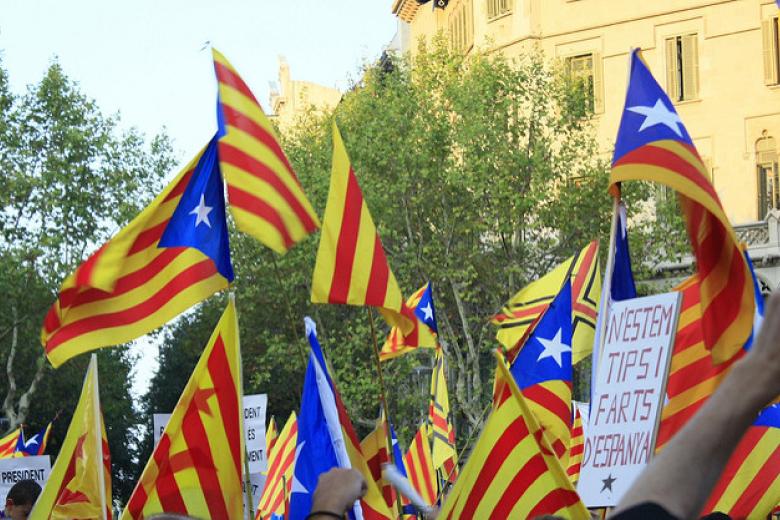
How the Puigdemont Affair demonstrates the relevance of the European Arrest Warrant.

The right to access to justice is a fundamental driver to ensure the achievement of the Sustainable Development Goals (SDG). Why? Because, by guaranteeing access to justice for all, we ensure democratic participation and mechanisms of accountability. Hence, policy makers should pay attention to...
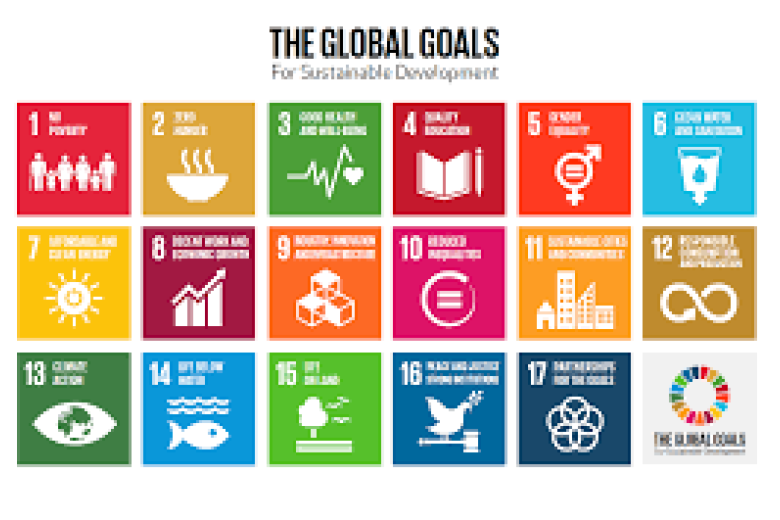
By Dr. Julieta Marotta, Deputy Academic Director, MPP, UNU-MERIT/MGSoG

Nowadays, companies let consumers ‘play’ with their trademark: in the ‘Your Nutella – your way’ campaign the customer is invited to create his name label on a Nutella jar in the classic design of the Nutella logo. Nevertheless, there is an enhanced risk of trade mark dilution.
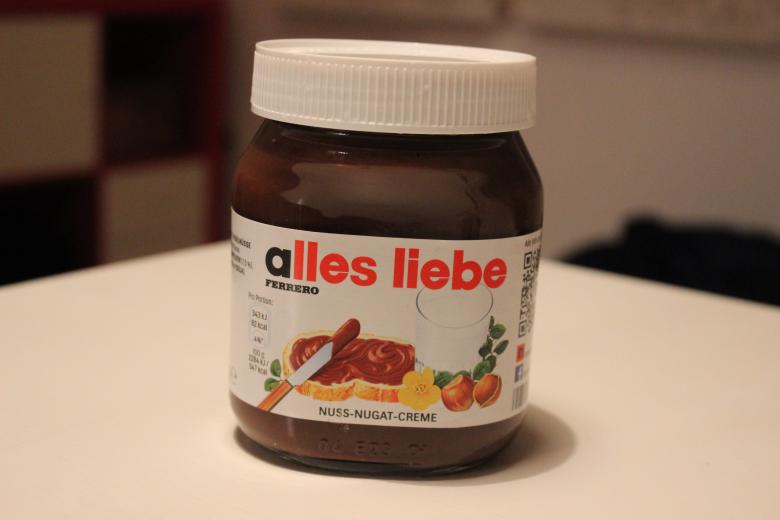
Mobility and good public transport prove to be essential requirements for an attractive (border) region. Establishes ITEM-PhD candidate Julia Reinold in an interview with EurekaRail.
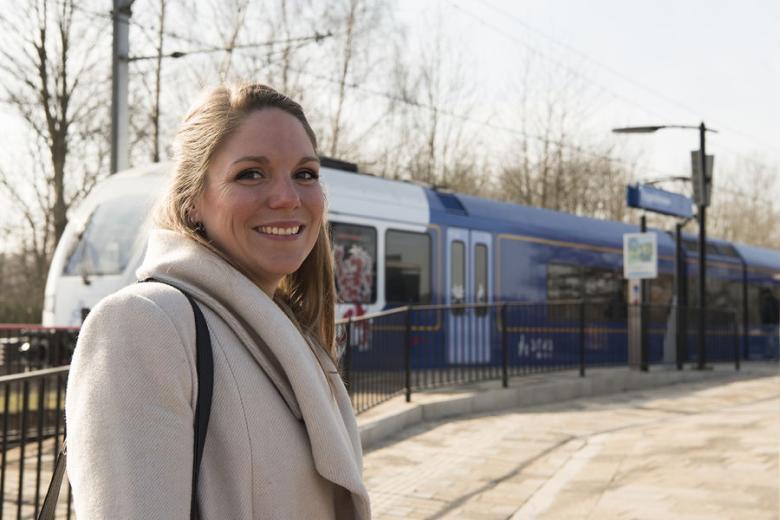
An international working group has engaged in a project to create an international arbitration mechanism for business and stakeholders to resolve issues in the field of business and human rights. This may enable business to live up to its corporate responsibility to respect human rights thereby...
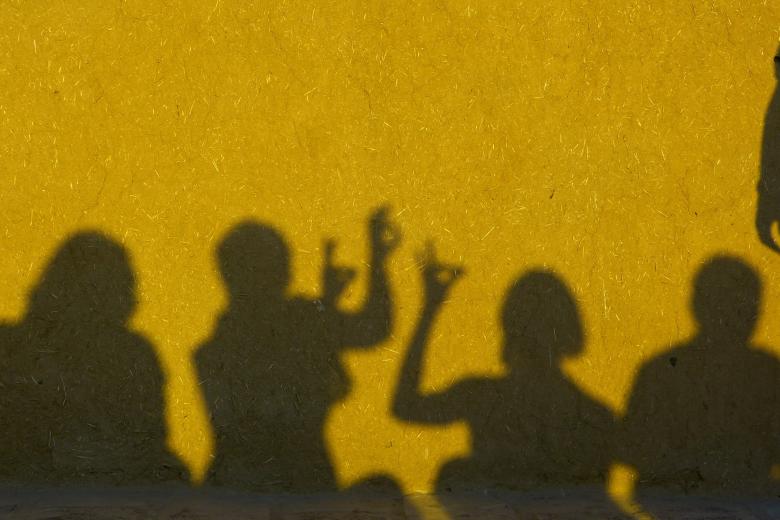
On 14 March the Faculty Council gave its consent to the new Faculty strategy ‘Creative Community Law@UM.’ The Faculty Board wishes to involve the Faculty community as much as possible also in implementing this strategy.
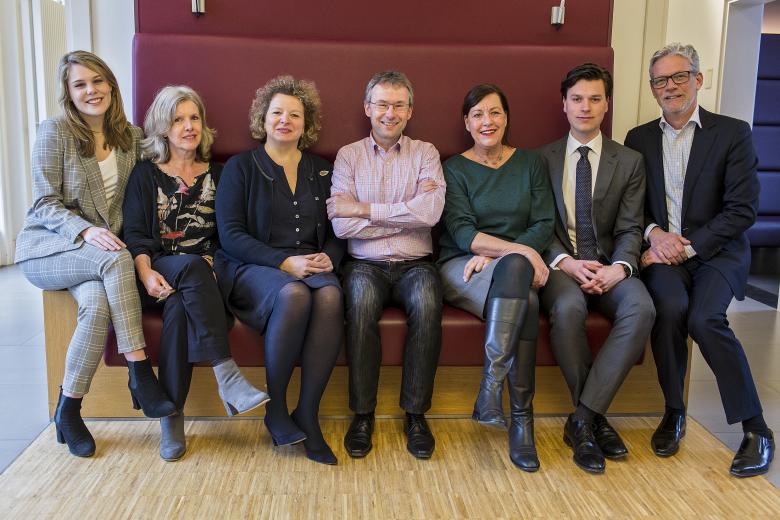
The phony war between the United Kingdom and the European Union is over. Now, for the real deal. However, this agreement (which is not final until all details have been ironed out) comes at a heavy price.
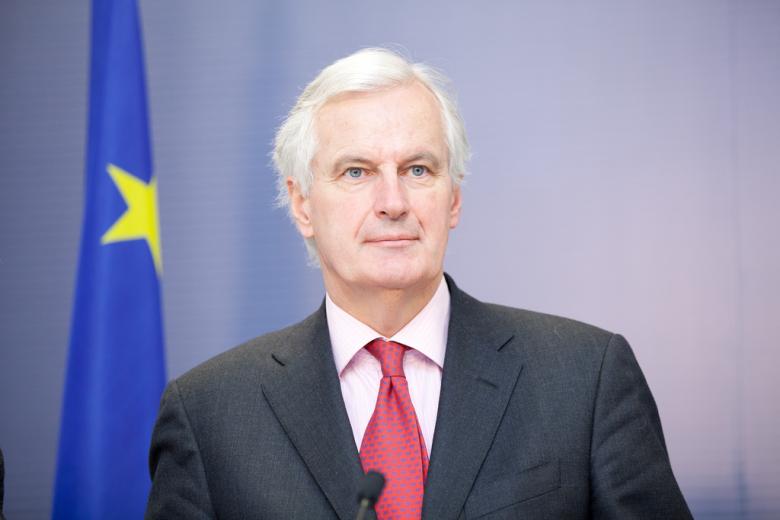
The urgent transition to low-carbon energy systems requires massive investments and international cooperation. Yet chances of collaboration and exchange are growingly difficult in a context where trust is in short supply. How can we understand (dis)trust patterns in this complex domain?
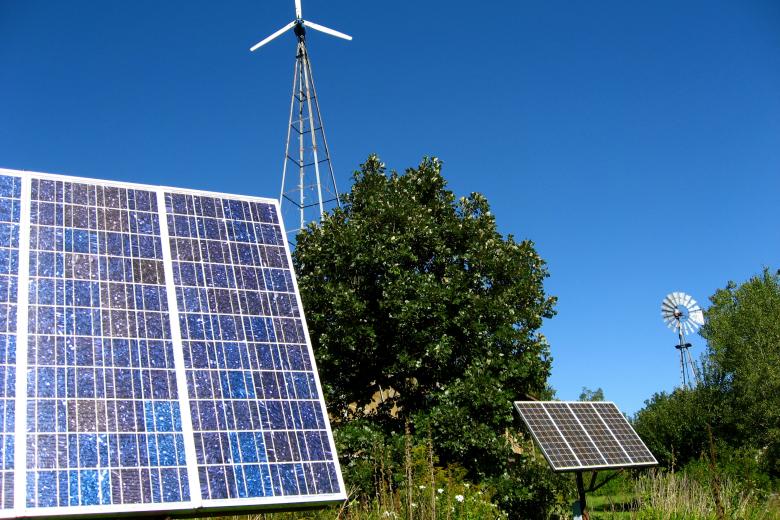
Research education is one of Maastricht University’s CORE values: to take the university social responsibility seriously by linking the university to society, from the local to the global level, and to do so by creating open access knowledge which can further strengthen connections with society.
